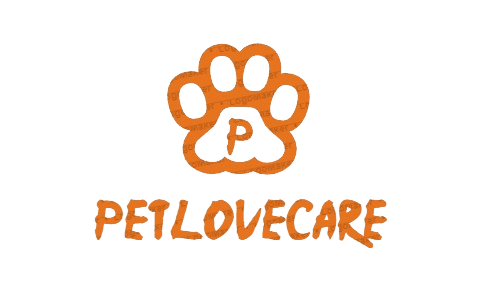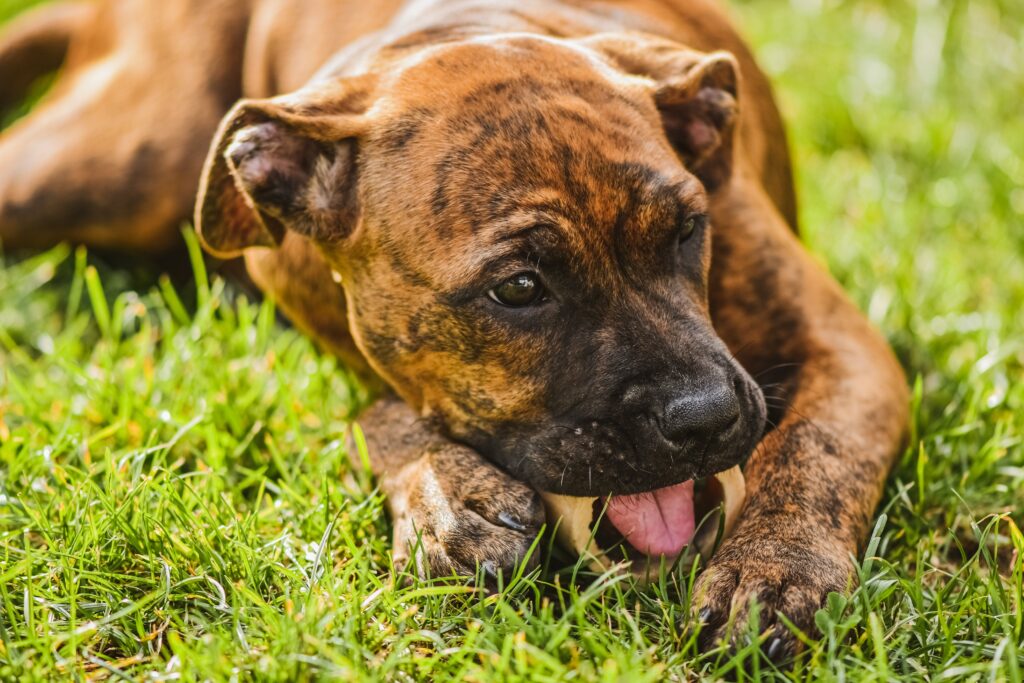Dogs eat grass for fiber, boredom, and nutrition. It’s a natural behavior, not linked to health issues. However, excessive amounts or signs of ill health should be checked. Consult a vet if dogs eat grass but not food, vomiting, or appear unwell.
Dogs eat grass for a number of reasons, such as to supplement their diet with fiber, to pass the time when they’re bored, or to make up for a nutritional deficit. Dogs frequently eat grass naturally, and this activity isn’t always connected to health problems or dietary inadequacies. Checking to see whether your dog is overeating or exhibiting symptoms of illness is crucial if you are frightened or concerned about their behavior. If your dog seems sick, keeps eating grass and then throws up, eats grass but not their meal, or consumes enormous amounts of grass, call your veterinarian for guidance.
What are some other reasons why dogs eat grass?
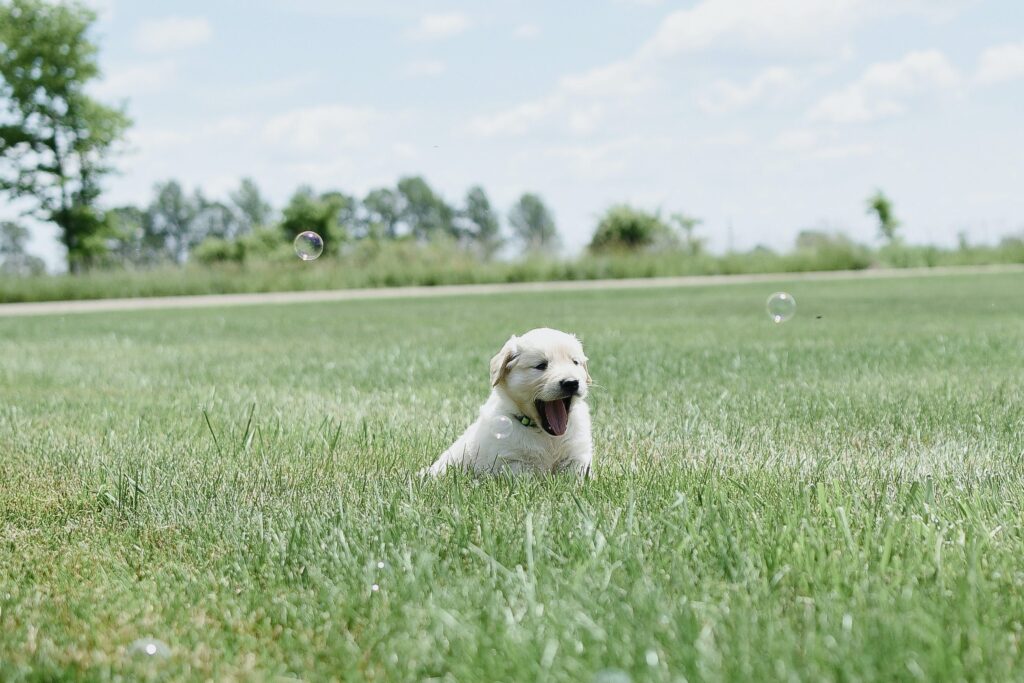

Dogs eat grass for a number of reasons, such as to supplement their diet with fiber, to pass the time when they’re bored, or to make up for a nutritional deficit. Grass is a food that dogs naturally eat, and it’s not always associated with health problems or nutritional deficiencies.
Dogs consume grass for several different reasons, such as :-
1. They enjoy the way grass tastes or feels.
2. They’re trying to make you throw up in an effort to settle an upset stomach.
3. They are attempting to relieve bloating or pain in the intestines.
4. They are bored and seeking for anything to do.
5. These are an attempt to address a nutritional need, like a diet low in fiber.
It’s crucial to see whether your dog is eating an excessive amount of grass or exhibiting any symptoms of illness if you are worried about their grass-eating habits. If your dog seems sick, keeps eating grass and then throws up, eats grass but not their meal, or consumes enormous amounts of grass, call your veterinarian for guidance.
What should I do if my dog eats grass?
Most of the time, eating grass by your dog is not a reason for alarm. Checking to see whether your dog is overeating or exhibiting symptoms of illness is crucial if you are frightened or concerned about their behavior. If your dog seems sick, keeps eating grass and then throws up, eats grass but not their meal, or consumes enormous amounts of grass, call your veterinarian for guidance.
Furthermore, you can take the following actions to deter your dog from eating grass :-
1.Switch out your dog’s existing food for one higher in fiber, or include cooked vegetables in their diet.
2. Increase playtime and physical activity to help reduce boredom.
3.Provide your dog with a designated grazing space.
4.Offer a healthy patch or container of wheatgrass as an alternative to grass.
What are some healthy snacks for my dog?


Your dog can have a lot of nutritious treats to choose from.
Here are a few choices :-
• Apples :- Rich in fiber, antioxidants, and vitamins A and C, apples are a fantastic food choice. Before offering these to your dog, be sure to remove the seeds and core.
• Carrots :- Rich in vitamins and fiber, carrots are low in calories. They may also help freshen your dog’s breath and are excellent for their teeth.
• Blueberries :- Blueberries are a powerhouse of vitamins and antioxidants. They are also rich in fiber and low in calories.
• Green beans :- Rich in vitamins and fiber, yet low in calories. They can make your dog feel fuller and make a terrific snack.
• Sweet potatoes :- Rich in fiber, antioxidants, and vitamins A and C, sweet potatoes are a fantastic food choice. They are minimal in calories and fat as well.
• Lean foods :- Your dog may get a lot of protein from lean meats like beef, turkey, and chicken. Before feeding your dog any meat, make sure it is cooked all the way through and that any bones are removed.
• Peanut butter :- Rich in protein and good fats, peanut butter is a terrific food. Make sure the brand you select doesn’t contain xylitol, as this substance can be harmful to dogs.
Recall to offer snacks sparingly and see your veterinarian if you have any worries regarding the nutrition or general health of your dog.
How can I tell if my dog is overweight?
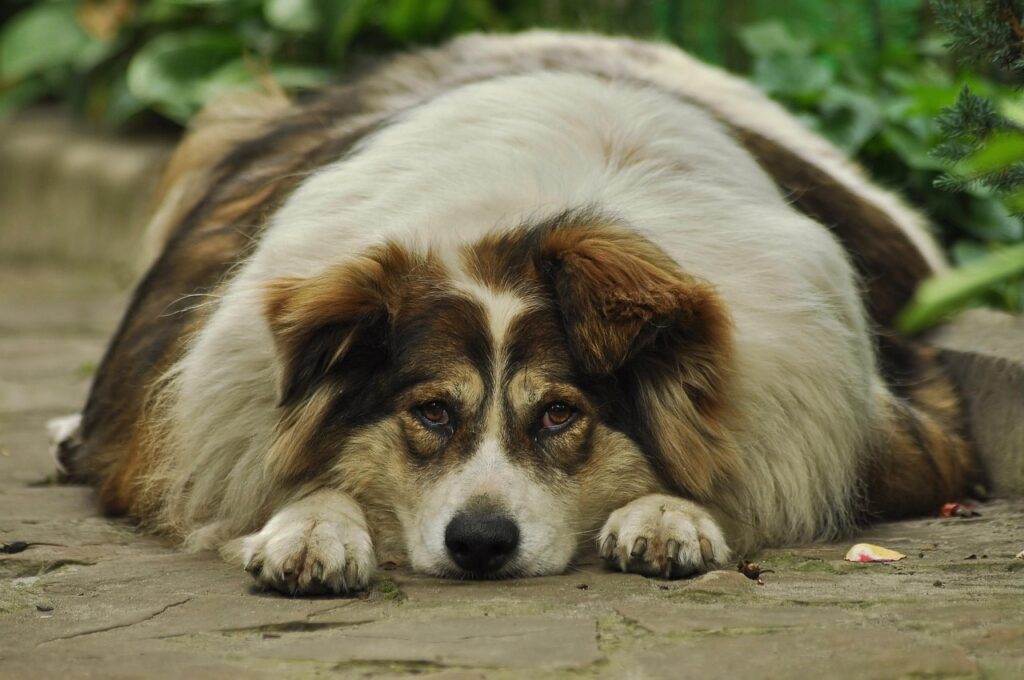

You can find out if your dog is overweight or not in a few different methods.
Here are a few techniques you may employ :-
- Evaluating the look of your dog :- You may do a rib check by extending your hands over its ribcage and placing both of your thumbs on its backbone. Your canine companion has a healthy weight if you can readily and lightly feel their ribs. To find out if your dog is overweight, you may also glance at their profile and take a closer look at them from above
2. Recognizing behavioral symptoms :- See whether your dog is hesitant to exercise, walks slowly, or regularly stops or collapses during your walks. Your dog may be overweight if it naps a lot, is hesitant to get up, or is unmotivated to move about in general. Overweight dogs typically move in a waddling stride, which involves rolling from side to side. Additionally, overweight dogs find it difficult to move or require assistance from a caregiver.
3. Weighing your dog :- To find out if your dog is overweight, weigh it at home or in the veterinarian’s office. Your veterinarian can assist you in creating a weight loss plan if your dog is overweight.
It’s crucial to get guidance from your veterinarian if you are worried about your dog’s weight. They may offer advice on how to control your dog’s weight as well as assist you in determining whether your dog is overweight.
Is grass good for dogs to eat?
Even while it’s commonly accepted that dogs may safely consume grass, there are a few unspoken but potentially harmful effects. While the grass itself might not be hazardous, your dog may be poisoned by the chemicals and herbicides that are put on it. While some dogs enjoy the flavor of fresh grass, it’s okay for them to consume a modest quantity; nonetheless, consuming too much grass might irritate their stomach and make them throw up. Furthermore, eating too much grass may even result in digestive obstructions.
It’s crucial to see whether your dog is eating an excessive amount of grass or exhibiting any symptoms of illness if you are worried about their grass-eating habits. If your dog seems sick, keeps eating grass and then throws up, eats grass but not their meal, or consumes enormous amounts of grass, call your veterinarian for guidance.
Can I give my dog vegetables instead of grass?
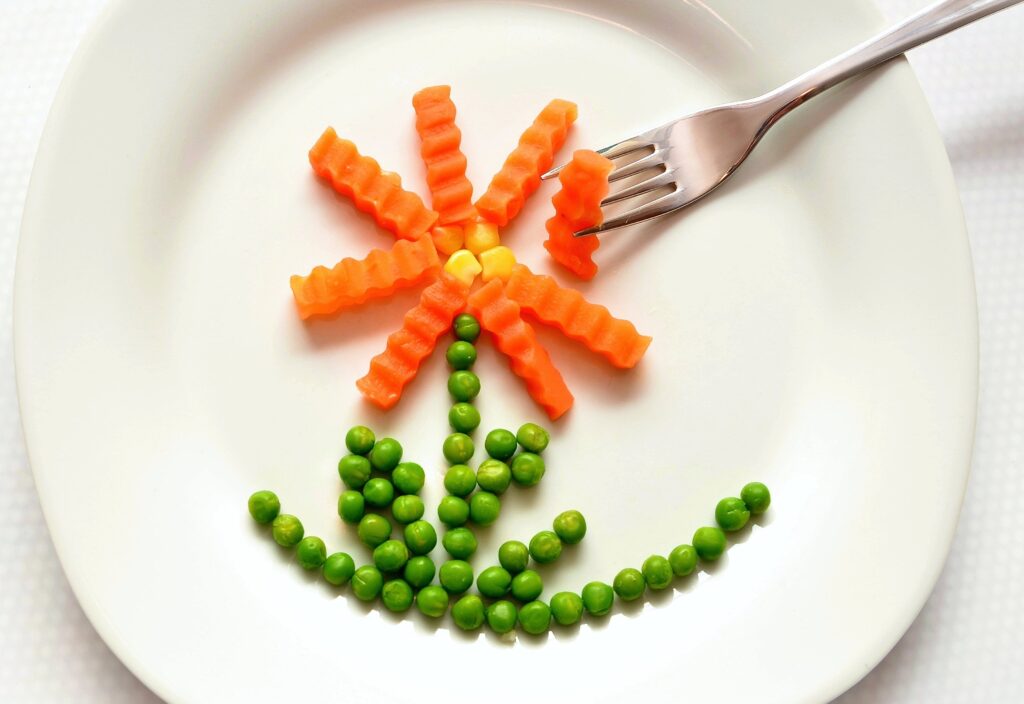

It is OK to feed veggies to your dog in place of grass. For dogs, vegetables may be a nutritious substitute for grass and an excellent source of vitamins and minerals.
The following veggies are suitable and safe for dogs to eat :-
• Carrots :- Rich in vitamins and fiber, carrots are low in calories. They may also help freshen your dog’s breath and are excellent for their teeth.
• Green beans :- Rich in vitamins and fiber, yet low in calories. They can make your dog feel fuller and make a terrific snack.
• Broccoli :- Rich in calcium, vitamin K, and vitamin C, broccoli is a fantastic source of vitamins and minerals. It has a high fiber content and little calorie count.
• Sweet potatoes :- Rich in fiber and minerals, sweet potatoes are a fantastic food. They are minimal in calories and fat as well.
• Peas :- Rich in fiber, protein, and vitamins A, B, C, and K, peas are a fantastic food. They have little calories as well.
In addition to giving veggies in moderation, don’t hesitate to see your veterinarian if you have any worries regarding your dog’s health or nutrition.
